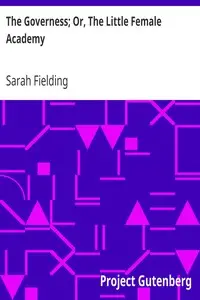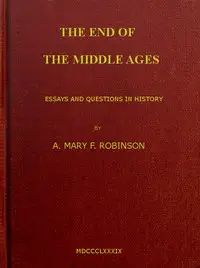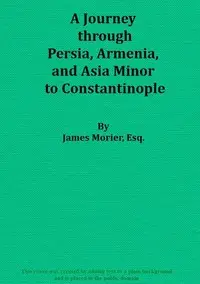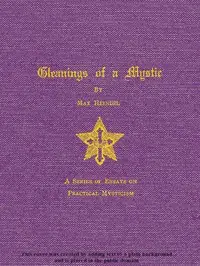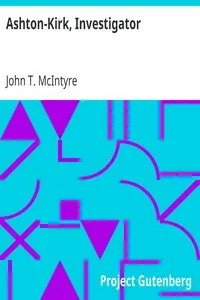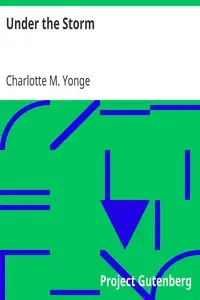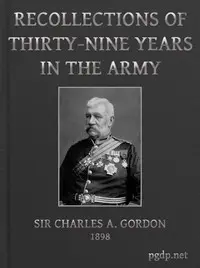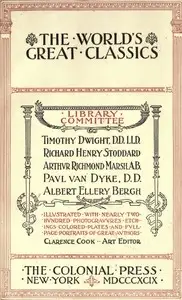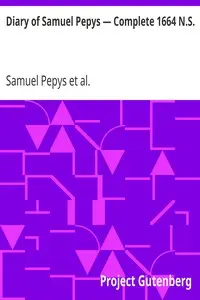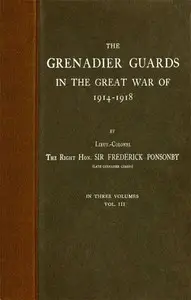"Remarks on Clarissa" by Sarah Fielding is a critical commentary written in the mid-18th century. The work addresses a series of criticisms about Samuel Richardson's novel "Clarissa" and offers reflections on its characters and themes, particularly focusing on the character of Clarissa Harlowe herself. This text aims to analyze the reception and interpretation of "Clarissa," exploring both objections and defenses related to the protagonist's moral choices and the overall narrative structure. The opening of "Remarks on Clarissa" establishes a conversational tone as the author shares reflections sparked by critiques of "Clarissa" that were discussed among a group of friends. Fielding presents various perspectives on the criticisms leveled against the story's length and the character choices of Clarissa and her family. She highlights that some detractors find the narrative tedious and filled with uninteresting details, while others appreciate the depth of character exploration that elucidates moral lessons. The author emphasizes the value of understanding characters’ motives and complexities, setting the stage for a more nuanced analysis of Richardson's themes and characterizations that will follow in the discourse. (This is an automatically generated summary.)
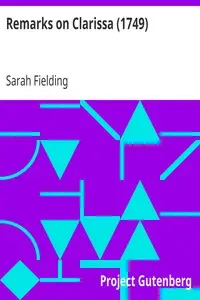
Remarks on Clarissa (1749)
By Sarah Fielding
"Remarks on Clarissa" by Sarah Fielding is a critical commentary written in the mid-18th century. The work addresses a series of criticisms about Samu...
Genres
Released
2009-01-08
Formats
epub (images)
mobi (images)
epub
mobi
epub3 (images)
Free Download
Overview
About the Author
Sarah Fielding was an English author and sister of the playwright, novelist and magistrate Henry Fielding. She wrote The Governess, or The Little Female Academy (1749), thought to be the first novel in English aimed expressly at children. Earlier she had success with her novel The Adventures of David Simple (1744).
Total Reviews
10.0k
Total reviews from Goodreads may change


